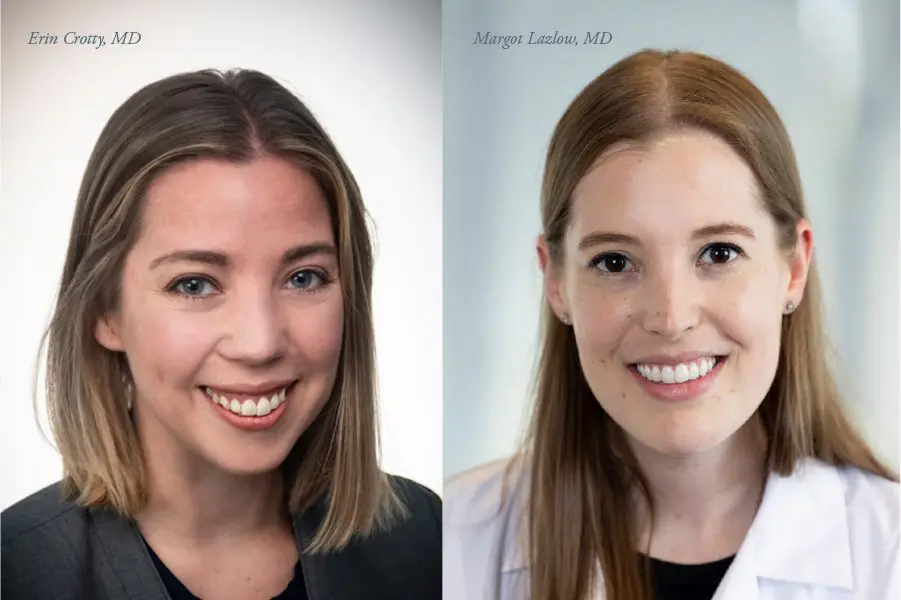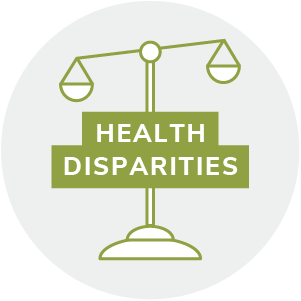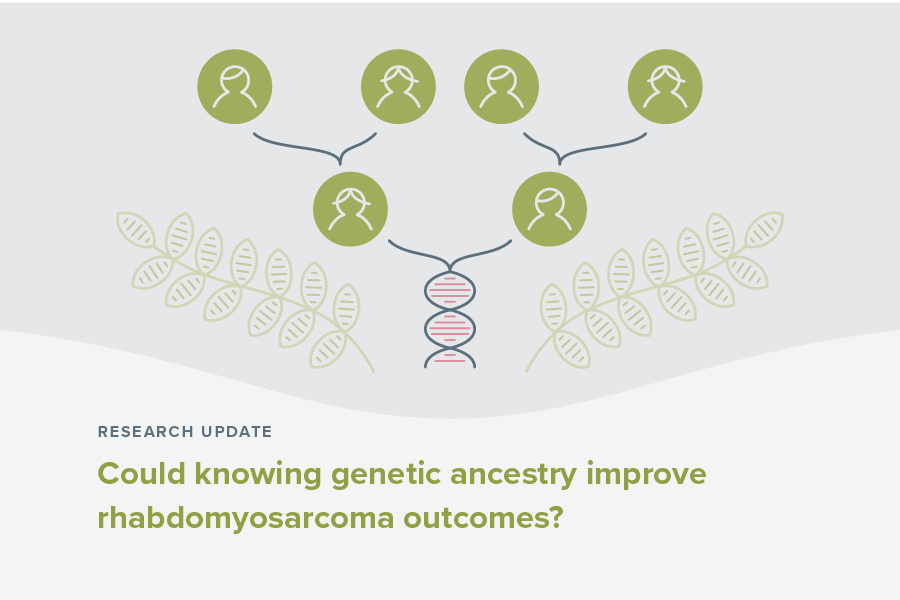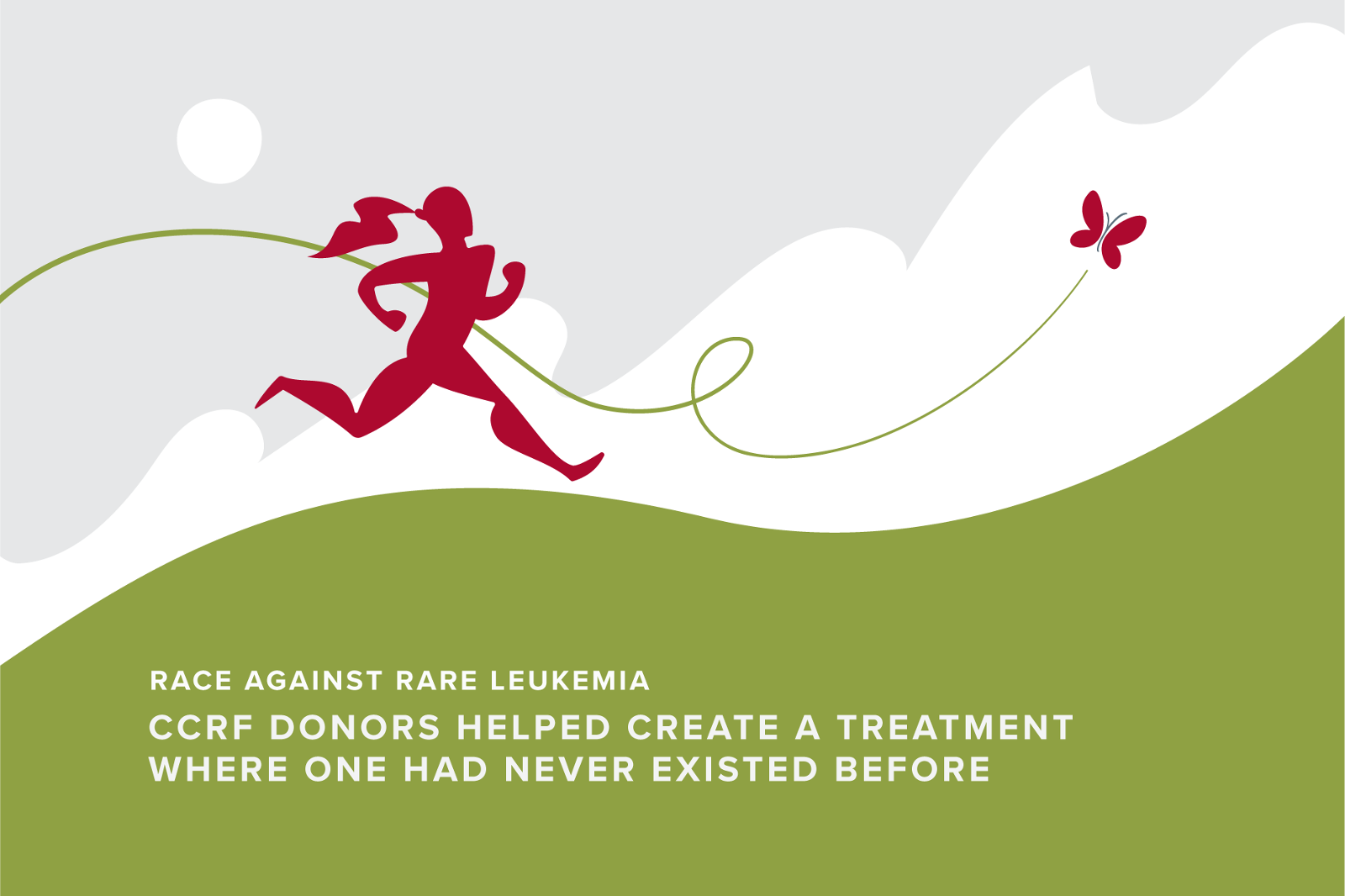
DNA test could predict future brain tumor relapses in kids
Drs. Erin Crotty and Margot Lazow were motivated by their young, resilient patients to spend their careers studying some of the most difficult-to-treat and deadly cancers: brain tumors. Thanks in part to CCRF’s 2022 Emerging Scientist Award, awardees Crotty and Lazow are embarking on two novel research projects that will provide new avenues for families who usually hit treatment walls. Learn more about a DNA test exposing hidden brain cancer cells.





